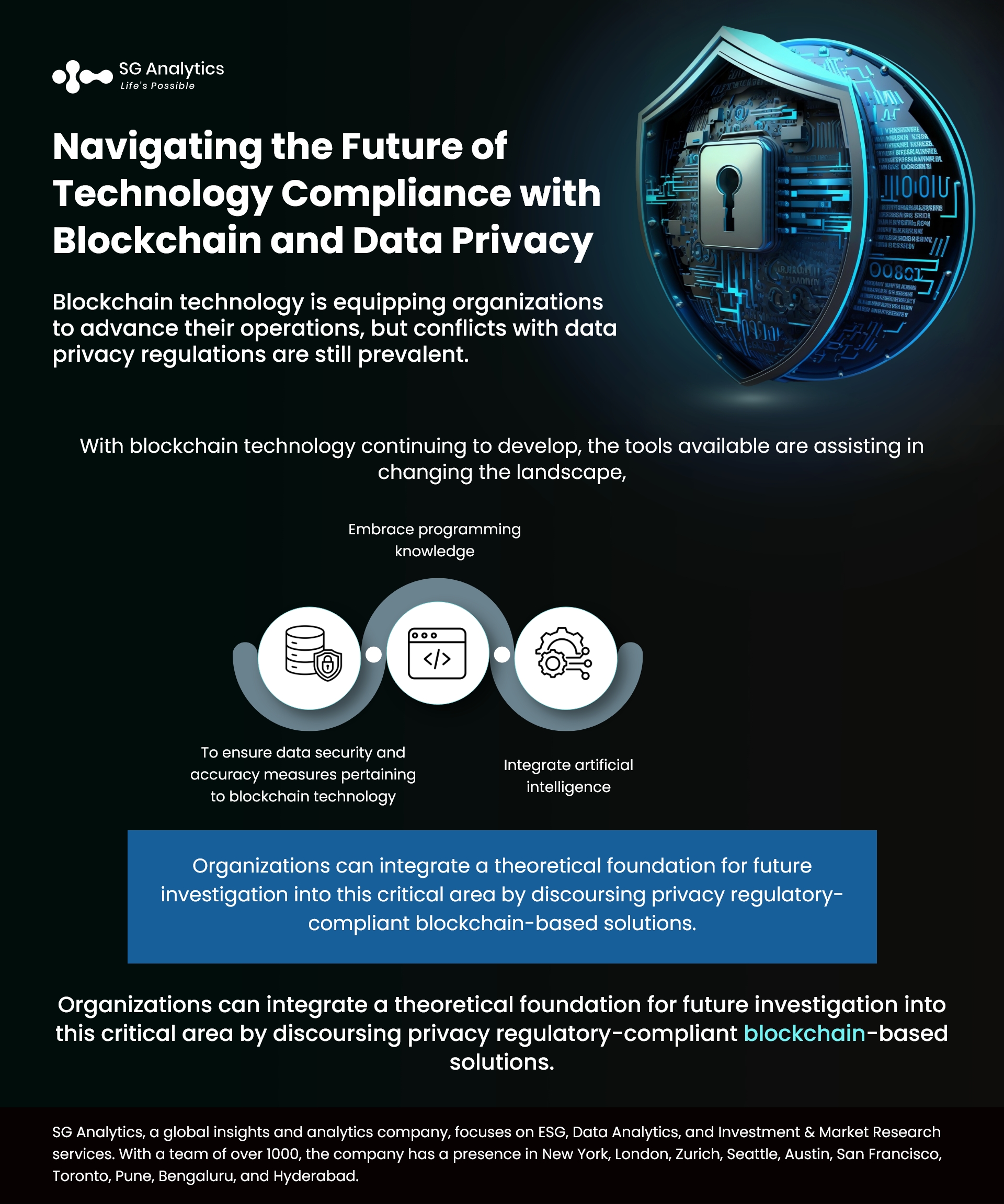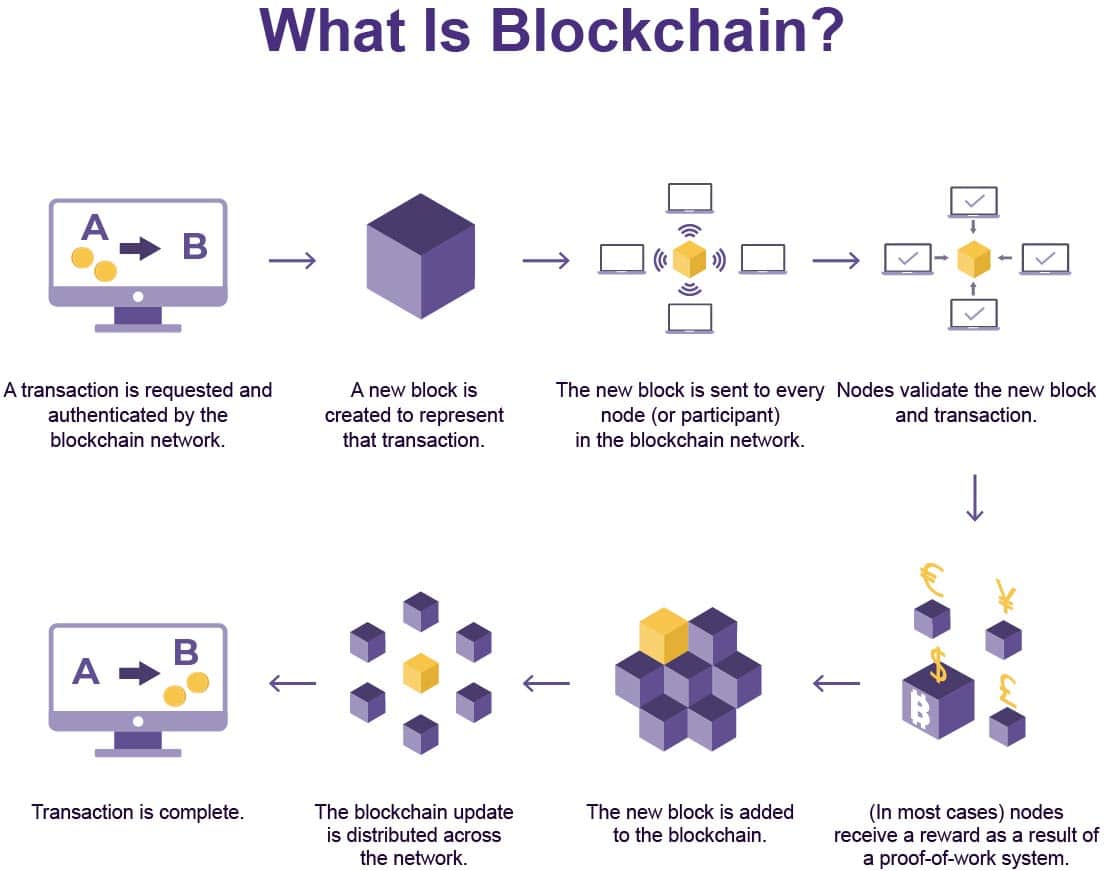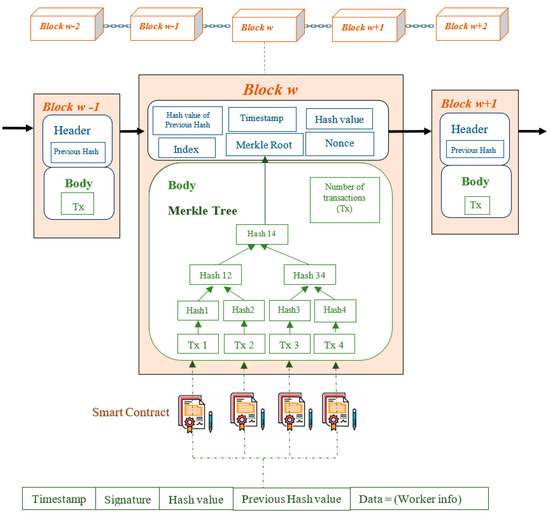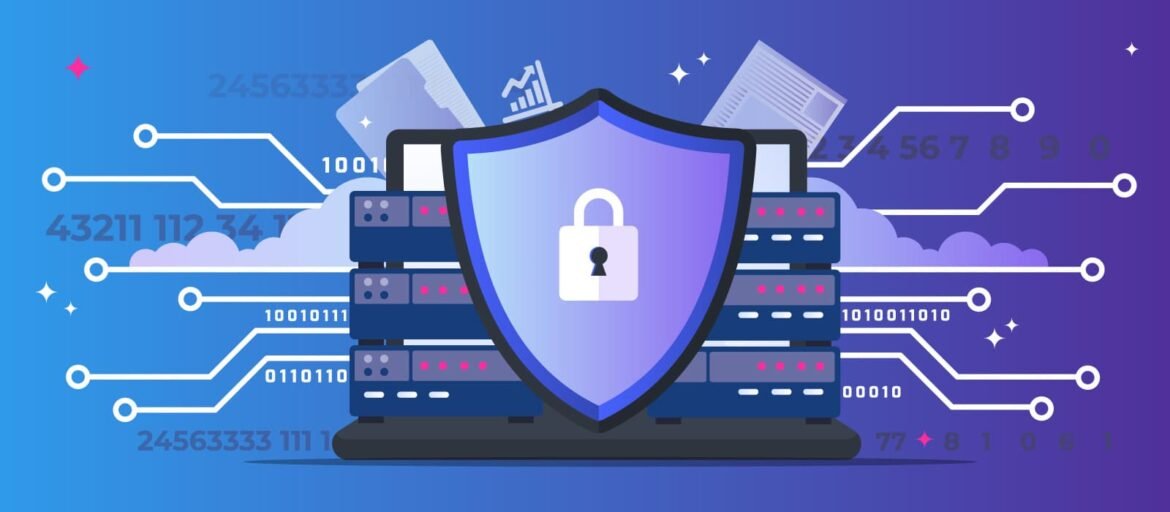Introduction
Defining Blockchain Technology
Blockchain technology is a revolutionary system designed to store data securely and transparently. Imagine a digital ledger that records transactions across a network of computers in a way that ensures full accountability. Each transaction, or block, is linked to the previous one, forming a chain that cannot be altered or tampered with. This underlying decentralization addresses many traditional data management issues, enhancing trust and reducing reliance on a central authority.
For example, when a person sends money using blockchain, the transaction is verified by multiple participants (nodes) simultaneously, ensuring accuracy and dependability.
Overview of Data Privacy Concerns
As our world becomes increasingly data-driven, concerns regarding data privacy are on the rise. Have you ever wondered what happens to your personal information after you post online? The reality is daunting:
- Data Breaches: Cyberattacks can expose sensitive information, often leading to identity theft.
- Surveillance: With continuous monitoring, users frequently question who has access to their personal data and how it’s utilized.
At TECHFACK, we believe it’s crucial to explore innovative solutions that can enhance data security while addressing these privacy concerns. Blockchain technology presents a beacon of hope in this regard—helping users regain control over their data like never before.

Understanding Data Privacy
Importance of Data Privacy
Data privacy is more than just a buzzword; it’s a fundamental right in our digital age. Think about the countless times you’ve shared personal information online—whether it’s for shopping, social media, or banking. Each time, you’re trusting organizations to handle your data responsibly. That’s why protecting this information is paramount.
The importance of data privacy can be encapsulated by:
- Trust: Consumers are more likely to engage with brands that prioritize their privacy.
- Personal Security: Effective data privacy measures ensure that sensitive information is shielded from malicious actors.
- Legal Compliance: Organizations must adhere to laws such as GDPR, which demand strict data handling practices.
Risks Associated with Data Breaches
Unfortunately, the risks associated with data breaches are real and alarming. A personal experience I had with a phishing scam highlighted this vividly. My friend unknowingly clicked on a malicious link and soon faced the ordeal of identity theft.
- Financial Loss: Breaches can lead to unauthorized transactions, costing individuals and businesses significant amounts.
- Reputational Damage: Companies that experience breaches often suffer a loss of consumer trust, impacting their overall standing in the market.
- Legal Consequences: Organizations may also face lawsuits or hefty fines due to failure in protecting user data.
In this landscape, implementing robust data privacy practices is crucial for safeguarding not just personal information, but also fostering long-term relationships between consumers and businesses.

Blockchain Technology Overview
How Blockchain Works
Now that we understand the significance of data privacy, let’s dive into blockchain technology’s mechanics. At its core, blockchain is a decentralized, distributed ledger that records transactions across a network of computers, ensuring transparency and security.
Here’s a simplified breakdown of how it operates:
- Transaction Initiation: A user initiates a transaction.
- Validation: The transaction is sent to a network of computers (nodes) for validation.
- Block Creation: Once validated, the transaction is grouped with others into a “block.”
- Chain Linking: This block is linked to the previous one with a unique cryptographic hash, creating a secure chain.
- Decentralization: Each node in the network has a copy of the entire blockchain, making it nearly impossible for anyone to alter it without consensus.
Advantages of Blockchain for Data Security
The unique structure of blockchain offers several advantages for data security, making it a game-changer in today’s digital landscape:
- Immutability: Once a transaction is recorded, it cannot be changed, ensuring data integrity.
- Transparency: All participants have access to the transaction history, promoting accountability.
- Enhanced Security: The decentralized nature of blockchain reduces the risk of centralized attacks.
In essence, blockchain provides a robust framework that not only enhances data security but also empowers individuals and organizations with greater control over their information—something we can all appreciate in an increasingly interconnected world.

Enhancing Data Privacy with Blockchain
Transparency and Immutability
As we explore how blockchain enhances data privacy, two key features stand out: transparency and immutability. These attributes create a robust environment for securing personal information.
Imagine a world where every transaction you made could be traced but not altered—this is the essence of immutability. For instance, when you purchase an item online using blockchain, that transaction is permanently recorded. This means it’s transparent to all authorized parties, preventing any unauthorized manipulation.
The benefits include:
- Trust: People trust systems that are transparent. Knowing that transactions cannot be changed encourages confidence in data integrity.
- Accountability: Transparency in transactions promotes responsible behavior among participants, driving better data handling practices.
Decentralization of Data
Next up is the concept of decentralization. Rather than being stored in a single central database, data is distributed across numerous nodes in a network. This has profound implications for enhancing data privacy.
Consider this:
- Reduced Risk of Single Point Failure: If one node is compromised, the entire database isn’t affected, making it harder for attackers to breach the system.
- User Control: Individuals have greater control over who accesses their data and how it is used, fostering a sense of ownership.
In a society where personal data is often mishandled, blockchain’s decentralization empowers users, shifting the balance of data control back to them. This makes blockchain not just a technological advancement, but a revolution in data privacy and security.

Blockchain Applications for Data Privacy
Secure Transactions
Continuing our journey into the realm of blockchain’s impact on data privacy, one of its most promising applications is in secure transactions. Imagine shopping online, knowing that every payment you make is protected against fraud, and your sensitive information stays confidential. With blockchain, that’s not just a dream—it’s a tangible reality.
Blockchain technology provides secure transactions through:
- Encryption: Each transaction is encrypted, ensuring that only the parties involved can view the details.
- Authenticity Verification: With each transaction immutably recorded, it’s easy to verify authenticity, reducing the risk of scams.
This level of security creates a layer of trust between consumers and businesses, enhancing the overall shopping experience.
Identity Protection
Another critical application of blockchain is in identity protection. In our increasingly digital age, identity theft has become a pressing concern, affecting millions worldwide. Blockchain can mitigate these risks by allowing users to maintain control over their personal data.
Here’s how:
- Self-sovereign Identity: Users can create digital identities that only they can control, sharing information selectively and securely.
- Tamper-proof Verification: By storing identity information on the blockchain, users can prove their identity without exposing all their data, minimizing vulnerability.
By utilizing blockchain for both secure transactions and identity protection, individuals can enjoy enhanced peace of mind, knowing their data is safely guarded. This transformative potential redefines how we interact in a digital landscape, and at TECHFACK, we find that truly exciting!

Challenges and Limitations
Scalability Issues
As promising as blockchain technology is for enhancing data privacy and security, it does come with its fair share of challenges. One of the most pressing concerns is scalability. Imagine a bustling highway; as more cars (or data transactions) enter, congestion inevitably occurs. This analogy reflects the current state of many blockchain networks.
Key issues surrounding scalability include:
- Transaction Speed: With traditional blockchains, each transaction requires validation across multiple nodes, leading to delays, especially during peak times.
- Increased Costs: Higher network congestion can lead to increased transaction fees, making small transactions less viable.
These scalability hurdles challenge the widespread adoption of blockchain applications, particularly for high-volume environments.
Regulatory Compliance
Alongside scalability, regulatory compliance poses another significant hurdle. The decentralized nature of blockchain often clashes with existing regulatory frameworks, resulting in confusion.
Consider this:
- Varied Regulations: Different jurisdictions have distinct regulations regarding blockchain use, complicating compliance for global businesses.
- Data Privacy Laws: Balancing the transparency offered by blockchain with stringent privacy laws like GDPR can be tricky, as the immutability feature may conflict with an individual’s right to be forgotten.
Navigating this evolving landscape requires careful consideration and adaptability. At TECHFACK, we believe that addressing these challenges will be crucial for blockchain technology to reach its full potential in improving data privacy.

Future Trends in Blockchain and Data Privacy
Integration with IoT
As we look ahead, one of the most exciting developments on the horizon is the integration of blockchain with the Internet of Things (IoT). Imagine a world where your smart devices—like thermostats, security cameras, and even vehicles—communicate securely and transparently thanks to blockchain. This synergy can significantly enhance data privacy.
Consider the potential benefits:
- Secure Device Communication: Blockchain can ensure that any data shared among devices remains encrypted and tamper-proof.
- Decentralized Data Management: Rather than relying on centralized servers that can be targets for cyberattacks, IoT devices can utilize blockchain’s decentralized approach for data storage.
This integration could revolutionize how we manage and protect data across various engagements, paving the way for a more secure connected world.
Potential Industry Adoption
Looking further, we anticipate a broader industry adoption of blockchain for data privacy. Many sectors, including finance, healthcare, and supply chain management, are already exploring blockchain applications.
Some key points include:
- Enhanced Trust in Transactions: Industries can streamline their operations while building consumer trust through transparent practices.
- Regulatory Compliance Solutions: Companies can leverage blockchain to create solutions that meet privacy regulations effectively and efficiently.
Embracing these trends at organizations worldwide can pave the way for improved data privacy practices. At TECHFACK, we’re excited to see how these developments will shape the future landscape of blockchain technology and data privacy!

Conclusion
Recap of Blockchain Benefits for Data Privacy
As we wrap up our exploration of blockchain technology’s role in enhancing data privacy, it’s essential to recognize the numerous benefits it offers.
- Transparency: With blockchain, every transaction is documented in a manner that is visible and traceable, instilling trust in users.
- Immutability: Once recorded, data cannot be altered, ensuring integrity and reliability.
- Decentralization: By distributing data across a network, the risks associated with centralized data management—like hacking—are significantly reduced.
These features not only empower consumers with better control over their data but also pave the way for more ethical business practices.
Final Considerations
In a landscape fraught with data breaches and privacy concerns, blockchain presents an innovative solution that deserves serious consideration. However, challenges like scalability and regulatory compliance must be addressed for its full potential to be realized.
As we look forward to the future, the collaboration of blockchain with emerging technologies such as IoT and its anticipated adoption across various industries hold incredible promise. At TECHFACK, we’re optimistic about the path ahead and how it may redefine our approach to security and privacy in the digital world. Let’s embrace this evolution together!

